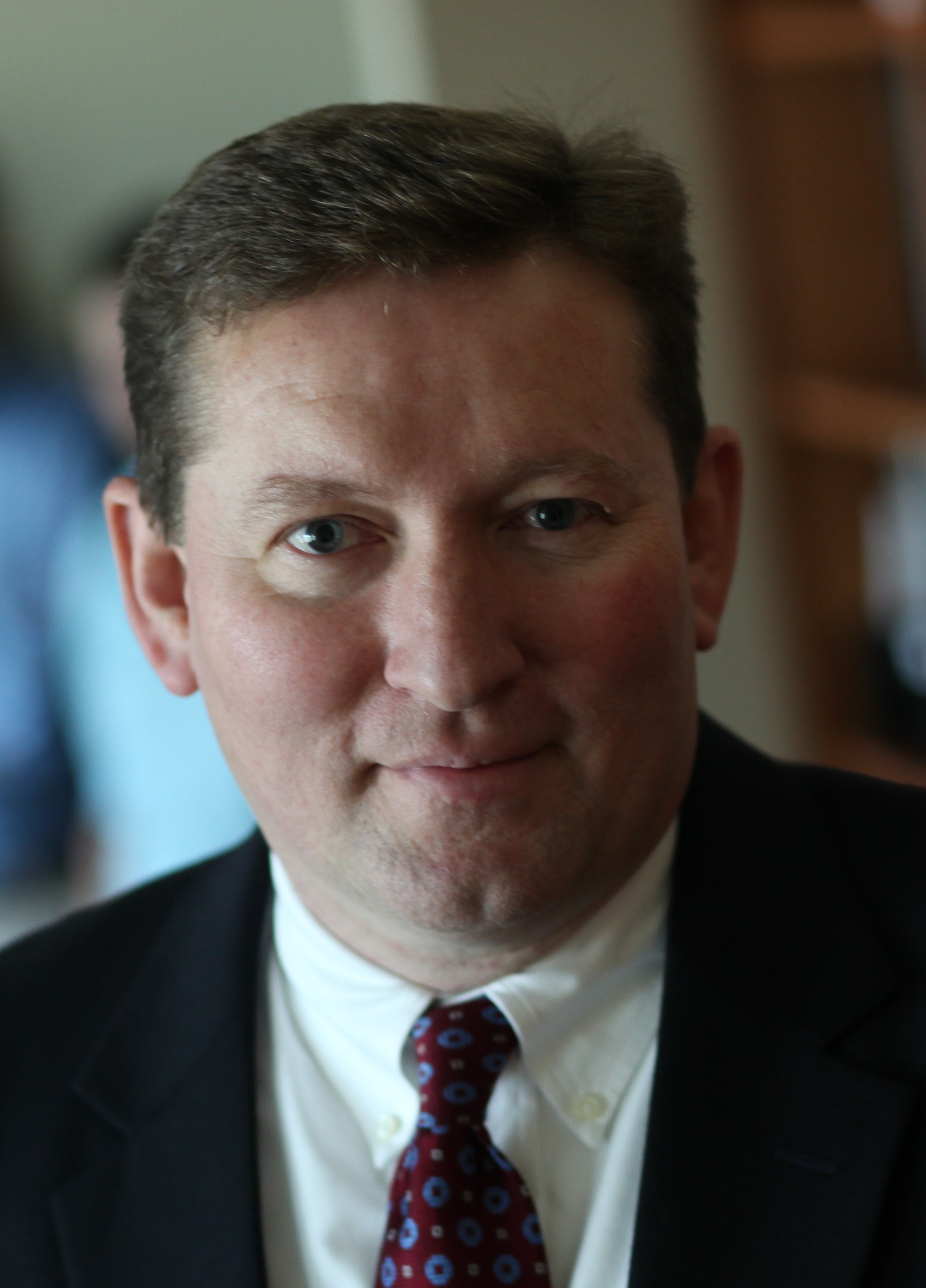Bryan W. Brooks, Ph.D., Honored as Fellow of the Society of Environmental Toxicology and Chemistry

Bryan W. Brooks, Ph.D., Distinguished Professor and director of Baylor University's Environmental Health Science Program was elected as a Fellow of the Society of Environmental Toxicology and Chemistry (SETAC).
Media Contact: Tonya B. Hudson, Baylor University Media and Public Relations, 254-710-4656
Follow Baylor Media Communications on Twitter: @BaylorUMedia
by Gabrielle White, student newswriter
WACO, Texas (Nov. 15, 2018) – Bryan W. Brooks, Ph.D., Distinguished Professor and director of Baylor University’s Environmental Health Science Program was elected as a Fellow of the Society of Environmental Toxicology and Chemistry (SETAC) for his outstanding leadership and science. Brooks received the award at the SETAC meeting in Sacramento, California on Sunday, Nov. 4.
“I am humbled and honored by this recognition,” Brooks said. “This reflects positively on the sustained scholarly contributions of our Baylor students and alumni, and collaborations with other scholars at Baylor and around the world. I accepted this award on behalf of current students and alumni from our research team.”
SETAC is a non-profit, global professional society comprised of individuals and institutions engaged in the study, analysis and solution of environmental problems, the management and regulation of natural resources, environmental education and research and development.
The SETAC Fellows award was created to recognize SETAC members demonstrating both meaningful long-term scientific or science policy contributions and service and leadership within SETAC. Fellowship status within SETAC provides additional appreciation of members’ contributions to ecotoxicology, environmental chemistry, risk assessment and life cycle assessment.
To be chosen as a Fellow, one must be nominated by current Fellows then selected SETAC’s Global Awards Committee, Brooks said.
Brooks has been a member of SETAC in the North America Geographic Unit for 22 years. He was the past president of South Central SETAC, chairing an international SETAC conference in 2009 in New Orleans. He also has served as an associate editor of both the Society’s international peer-reviewed journals; served on the North America Board of Directors and leads the Global Horizon Scanning Project, which structures important global environmental quality research questions in multiple scientific and engineering disciplines.
Brooks and his students are currently focusing on research on water quality and water reuse, comparative toxicology and pharmacology, bioaccumulation science, sustainable molecular design, developing approaches to define risks of contaminants of historical and emerging concern, environmental public health and the ecology and toxicology of harmful algae blooms.
“Baylor’s support of our research with students and collaborators has provided an important foundation from which our scholarly contributions have progressed, expanded and been sustained,” Brooks said. “I could not have achieved this recognition without the support of my undergraduate and graduate mentors, students, postdoctoral fellows and collaborators, and the steadfast support of my family.”
ABOUT BAYLOR UNIVERSITY
Baylor University is a private Christian University and a nationally ranked research institution. The University provides a vibrant campus community for more than 17,000 students by blending interdisciplinary research with an international reputation for educational excellence and a faculty commitment to teaching and scholarship. Chartered in 1845 by the Republic of Texas through the efforts of Baptist pioneers, Baylor is the oldest continually operating University in Texas. Located in Waco, Baylor welcomes students from all 50 states and more than 80 countries to study a broad range of degrees among its 12 nationally recognized academic divisions.
ABOUT BAYLOR COLLEGE OF ARTS & SCIENCES
The College of Arts & Sciences is Baylor University’s oldest and largest academic division, consisting of 25 academic departments and seven academic centers and institutes. The more than 5,000 courses taught in the College span topics from art and theatre to religion, philosophy, sociology and the natural sciences. Faculty conduct research around the world, and research on the undergraduate and graduate level is prevalent throughout all disciplines. Visit www.baylor.edu/artsandsciences.